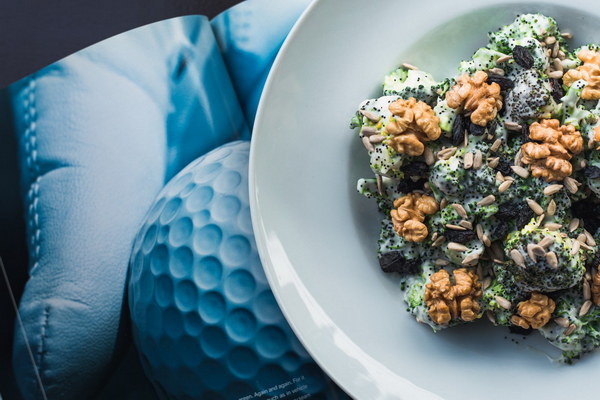Postpartum Body Restoration Tips for Rebuilding Your Post-Baby Slim physique
Postpartum body restoration is a critical phase for new mothers, as it involves regaining strength, vitality, and, for many, shedding the excess pounds gained during pregnancy. Here’s a comprehensive guide on how to nurture your body back to a slim and healthy state after giving birth.
Understanding the Postpartum Period

The postpartum period, which typically spans the first six weeks after childbirth, is a time when the body undergoes significant changes. Hormones shift, the uterus contracts, and the body tries to return to its pre-pregnancy state. This period is also when new mothers may experience weight loss, but it’s important to do so safely and effectively.
1. Nutrition: The Foundation of Postpartum Weight Loss
Proper nutrition is key to postpartum weight loss. Here’s what to focus on:
- Balanced Diet: Consume a variety of fruits, vegetables, lean proteins, whole grains, and healthy fats. These provide the necessary nutrients for healing and energy.
- Hydration: Drink plenty of water to aid in milk production and digestion.
- Caloric Intake: Adjust your calorie intake based on your activity level and whether you’re breastfeeding. Breastfeeding mothers often need more calories to support milk production.
- Avoid Fad Diets: Steer clear of extreme diets that can hinder your recovery and milk supply.
2. Breastfeeding: A Natural Weight Loss Aid
Breastfeeding can help with postpartum weight loss, as it burns approximately 500 calories a day. However, it’s essential to feed your baby according to their needs and not restrict your intake to lose weight.
3. Physical Activity: Gradual Return to Exercise
While it’s important to regain muscle tone and fitness, postpartum exercise should be approached with caution. Here are some guidelines:
- Consult Your Doctor: Before starting any exercise regimen, get clearance from your healthcare provider, especially if you had a Cesarean section or other complications.
- Start Slowly: Begin with gentle activities like walking, which can help with circulation and mood.
- Gradual Progression: Increase the intensity and duration of your workouts over time, aiming for at least 150 minutes of moderate aerobic activity per week.
- Pelvic Floor Exercises: These are crucial for regaining strength in the pelvic area and can help prevent urinary incontinence.
4. Sleep: Restoring Your Energy Levels
Sleep is often neglected during the postpartum period, but it’s essential for recovery and weight loss. Here are some tips to improve your sleep:
- Create a Sleep-Friendly Environment: Make sure your bedroom is dark, quiet, and at a comfortable temperature.
- Establish a Routine: Try to go to bed and wake up at the same time every day, even on weekends.
- Power Naps: Take short naps when possible to help recharge your energy levels.
5. Stress Management: Mental Health and Weight Loss
Stress can affect both your mental and physical health, including weight loss. Here’s how to manage stress:
- Mindfulness and Relaxation: Practices such as meditation, deep breathing, and yoga can help reduce stress.
- Social Support: Lean on friends, family, or support groups for emotional support.
- Professional Help: If stress becomes overwhelming, consider seeking help from a mental health professional.
6. Postpartum Supplements: Safe and Effective Additions
Certain supplements can aid in postpartum weight loss and recovery:
- Probiotics: Help with digestion and may aid in weight loss by promoting a healthy gut.
- Iron: Helps combat anemia, which can be common after childbirth.
- Calcium: Important for bone health, especially if you’re breastfeeding.
Conclusion
Postpartum body restoration is a journey that requires patience, self-care, and a holistic approach. By focusing on nutrition, physical activity, adequate sleep, stress management, and appropriate supplementation, new mothers can work towards regaining a slim and healthy physique. Remember, it’s not just about losing weight but also about rebuilding your body and mind after the transformative experience of childbirth.









